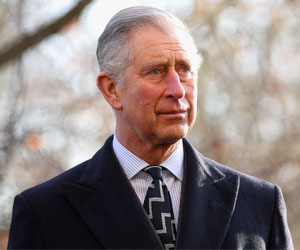Brain tumour Surgery on US senator Edward M. Kennedy has been declared successful by the Duke University Medical Center in North Carolina.
According to a statement released by Kennedy's chief neurosurgeon Monday, Dr. Allan Friedman of Duke, the surgery "was successful and accomplished our goals."Friedman said Kennedy was awake during the surgery and would experience no permanent neurological effects from the surgery.
After a brief recuperation, Friedman said, the 76-year-old Kennedy will begin targeted radiation at Massachusetts General Hospital in Boston, along with chemotherapy.
Kennedy was hospitalized May 17 at Massachusetts General Hospital in Boston after a seizure.
Duke University's experimental cancer center may have offered Senator Edward Kennedy more ``aggressive'' treatment than Massachusetts General Hospital, located in the senator's home town of Boston, doctors say.
The Duke center, founded in 1937, is one of the oldest brain tumor programs in the U.S. and among the most open to experimentation. More than two thirds of its patients participate in clinical trials.
Advertisement
Surviving brain cancer is rare, and the possibility of finding success with experimental treatments may have attracted Kennedy to Duke instead of more traditional treatments at local hospitals such as Harvard University-affiliated Mass General, Bloomberg news agency says.
Advertisement
Malignant gliomas are diagnosed in about 9,000 Americans a year. In general, half of all patients die within a year.
But current statistics on survival may be outdated, since they reflect the surgeries and other treatments patients had in the past. The field of neuro-oncology is rapidly advancing and newer techniques and drugs appear to be increasing the length of time patients live after diagnosis.
Kennedy likely will receive the chemotherapy drug Temodar during and after radiation, Brawley said. Kennedy also may be treated with Avastin, a newer targeted drug to deprive the tumor of its blood supply, though it is still experimental at this stage of treatment, NPR Radio station said.
Source-Medindia
GPL/L











